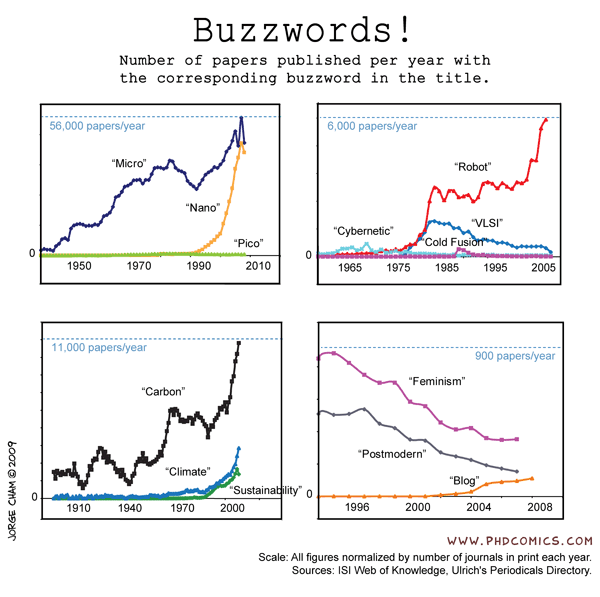 The wikipedia article on operations research needs help. Let’s see how it begins (as of today: it might change any moment now, given the way wikipedia works):
The wikipedia article on operations research needs help. Let’s see how it begins (as of today: it might change any moment now, given the way wikipedia works):
Operations research (N America) or Operational research (UK/Europe) “is a scientific method of providing executive departments with a quantitative basis for decisions regarding the operations under their control.”[1] Other names for it include:
“The historical development of Operational Research (OR) is traditionally seen as the succession of several phases: the “heroic times” of the Second World War, the “Golden Age” between the fifties and the sixties during which major theoretical achievements were accompanied by a widespread diffusion of OR techniques in private and public organisations, a “crisis” followed by a “decline” starting with the late sixties, a phase during which OR groups in firms progressively disappeared while academia became less and less concerned with the applicability of the techniques developed.”[4]. In the current phase, the increase in computing power coupled with the birth of related techniques like business intelligence (BI) and business analytics are leading a resurgence of OR.[5]
Oh great, we get a 1947 definition of operations research, as quoted on a 1954 dustcover. It is synonymous with “Quantitative Management” based on a single South African department brochure. It’s main interest is historical, though it might be resurging. By the way, it is the Canadian Operational Research Society and the Mexican Institute of Systems and Operational Research, so even the statement on where the various terms are used is incorrect. And “UK/Europe”? Wikipedia suggests there is a certain redundancy there.
After that, it is 2/3 history and 1/3 lists. This is not the way to introduce people to our field!
I have fought this fight before, and lost. So I do things like the INFORMS Resources Page (for at least a bit longer), this blog with its lists of other OR blogs, my twitter account, OR-Exchange (for questions and answers, and maybe announcements in OR), and other things to make the successes of our field better known (and maybe show an illustrative failure or two). I’m not willing to add wikipedia to my list.
Fortunately, others are willing to do so. Siamak Faridani posted a question on OR-Exchange asking how to improve the wikipedia article.
OR articles on Wikipedia obviously need some attention.
My question is how can we join forces to improve these articles?
I have made a project page on Wikipedia there is a “To do list” on that page in which you can insert the articles that need attention and request new articles. If you would like to help in edits you can also add your user name to the list of contributors and we will ask for your inputs as we work on articles.
Even if you do not like to edit Wikipedia articles please consider helping with populating the to do list and I will try to work on those articles as much as possible
By its nature, the wikipedia article cannot be the responsibility of one person. If you are looking for ways to help the field, I highly recommend (for you, not for me!) spending some time improving the articles on operations research and related topics, either on your own or in conjunction with Siamak.

 Wayne Winston, author of famous textbooks in operations research and a
Wayne Winston, author of famous textbooks in operations research and a  This blog was begun on October 24, 2005, so it had its fourth birthday a couple of weeks ago. As my family knows, I am not great with birthdays, so I managed to forget it. But, better late than never, Happy Birthday to Michael Trick’s Operations Research Blog!
This blog was begun on October 24, 2005, so it had its fourth birthday a couple of weeks ago. As my family knows, I am not great with birthdays, so I managed to forget it. But, better late than never, Happy Birthday to Michael Trick’s Operations Research Blog!